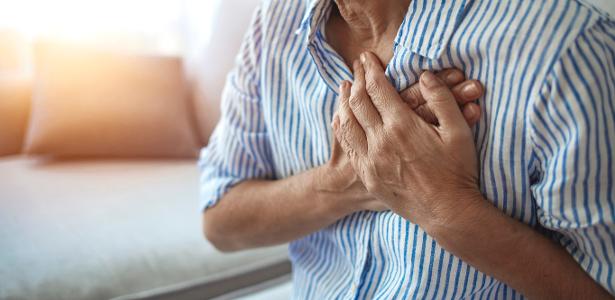In this process, self-monitoring will also make a difference: during exercise, it is necessary to pay attention to your body's signals. If there is chest pain, shortness of breath, dizziness or other symptoms, the advice is to stop the activity and seek immediate help.
It is worth noting that anyone who starts or resumes exercising should be careful, especially when it comes to their heart. When the body is in need, it reacts in different ways. If you are not in good shape, the experience can have negative consequences.
Achieving quality of life
After a serious event, such as a heart attack, it's common to be overcome with fear, experience restrictions, or have difficulties returning to a normal routine. However, with proper care, there is no need to be afraid of physical activity. As we have seen, well-planned and supervised exercise can be an important part of the recovery process.
However, it is interesting to highlight that it does not work alone: it is part of a package of actions that involves maintaining a healthy lifestyle, managing cardiovascular risk factors and overall health.
For some, this process is arduous and requires support and time. However, in the vast majority of cases, this treatment is successful and patients return to enjoying an active life, with independence, well-being and quality.

“Hardcore beer fanatic. Falls down a lot. Professional coffee fan. Music ninja.”






More Stories
The law allows children and adolescents to visit parents in the hospital.
Scientists pave the way for the emergence of a new element in the periodic table | World and Science
Can dengue cause hair loss? Expert explains how the disease affects hair